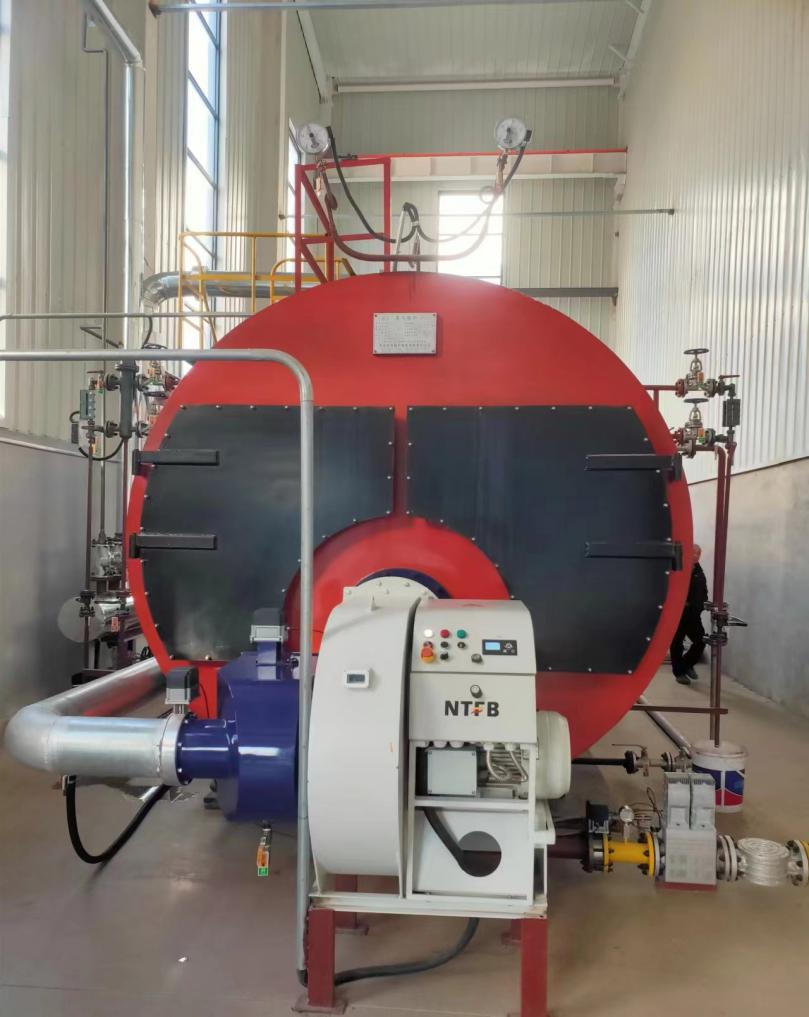
Dec . 13, 2024 06:39 Back to list
steam boiler chemicals
Understanding Steam Boiler Chemicals Importance and Applications
Steam boilers are vital components in numerous industries, providing heat and power for various processes. In order to maintain their efficiency and longevity, managing the chemical composition of the water used in steam boilers is crucial. The use of appropriate steam boiler chemicals not only enhances the performance of the boiler but also influences operational safety and equipment lifespan.
The Role of Water Treatment Chemicals
Water quality is one of the most significant factors affecting steam boiler performance. Water used in boilers can contain impurities such as dissolved minerals, gases, and organic materials that can lead to a variety of problems, including scaling, corrosion, and foaming. To mitigate these issues, a range of chemicals is employed in the water treatment process.
1. Corrosion Inhibitors These chemicals are essential in preventing rust and deterioration of boiler components. Commonly used inhibitors include phosphates, amines, and film-forming agents. For instance, phosphates help to create a protective layer on metal surfaces, while amines serve to neutralize acidic conditions and provide a barrier against corrosive substances.
2. Scale Inhibitors Hard water contains minerals like calcium and magnesium that can precipitate and form scale on the boiler surfaces. Scale accumulation can significantly reduce heat transfer efficiency and increase energy consumption. To combat this, scale inhibitors such as polyphosphates and chelating agents are used to keep these minerals in solution, preventing them from settling on the heat transfer surfaces.
3. Oxygen Scavengers Oxygen is a major contributor to corrosion in steam boilers. Introducing oxygen scavengers, such as sodium sulfite or hydrazine, can effectively eliminate dissolved oxygen from the boiler feedwater. This reduction in oxygen levels minimizes the risk of pitting and general corrosion, thereby extending the life of the boiler.
steam boiler chemicals

4. pH Control Agents Maintaining the correct pH level in boiler water is critical for preventing corrosion and scaling. pH control chemicals, such as sodium hydroxide or ammonium hydroxide, are added to raise the pH of the water, creating an alkaline environment that reduces the solubility of corrosive agents.
5. Foam Control Agents Excessive foaming can lead to water carryover, where water is entrained with steam, resulting in wet steam that can damage downstream equipment. Antifoaming agents, such as silicone-based compounds, are utilized to effectively reduce foam formation in the boiler.
Importance of Regular Testing and Monitoring
While the use of steam boiler chemicals is vital, their effectiveness is contingent upon regular monitoring and testing of water quality. Routine water analysis helps to detect issues early and allows for the necessary adjustments to be made. It is essential to monitor parameters such as pH, conductivity, hardness, and the levels of treatment chemicals to ensure optimal operation.
Conclusion
In conclusion, steam boiler chemicals play a crucial role in ensuring the efficient and safe operation of steam boilers. By employing various water treatment chemicals, industries can protect their equipment from corrosion, scaling, and other detrimental effects caused by impurities in boiler water. Regular monitoring and testing are also essential to maintain the effectiveness of these chemicals and safeguard boiler performance. Investing in proper water treatment not only enhances efficiency but also prolongs the life of the steam boiler, ultimately protecting the investment and ensuring operational continuity.
-
High-Efficiency Commercial Oil Fired Steam Boiler for Industry
NewsJul.30,2025
-
High-Efficiency Biomass Fired Thermal Oil Boiler Solutions
NewsJul.30,2025
-
High Efficiency Gas Fired Thermal Oil Boiler for Industrial Heating
NewsJul.29,2025
-
High-Efficiency Gas Fired Hot Water Boiler for Sale – Reliable & Affordable
NewsJul.29,2025
-
High Efficiency Biomass Fired Hot Water Boiler for Industrial and Commercial Use
NewsJul.29,2025
-
High-Efficiency Biomass Fired Hot Water Boiler for Industrial Use
NewsJul.28,2025
Related PRODUCTS






















